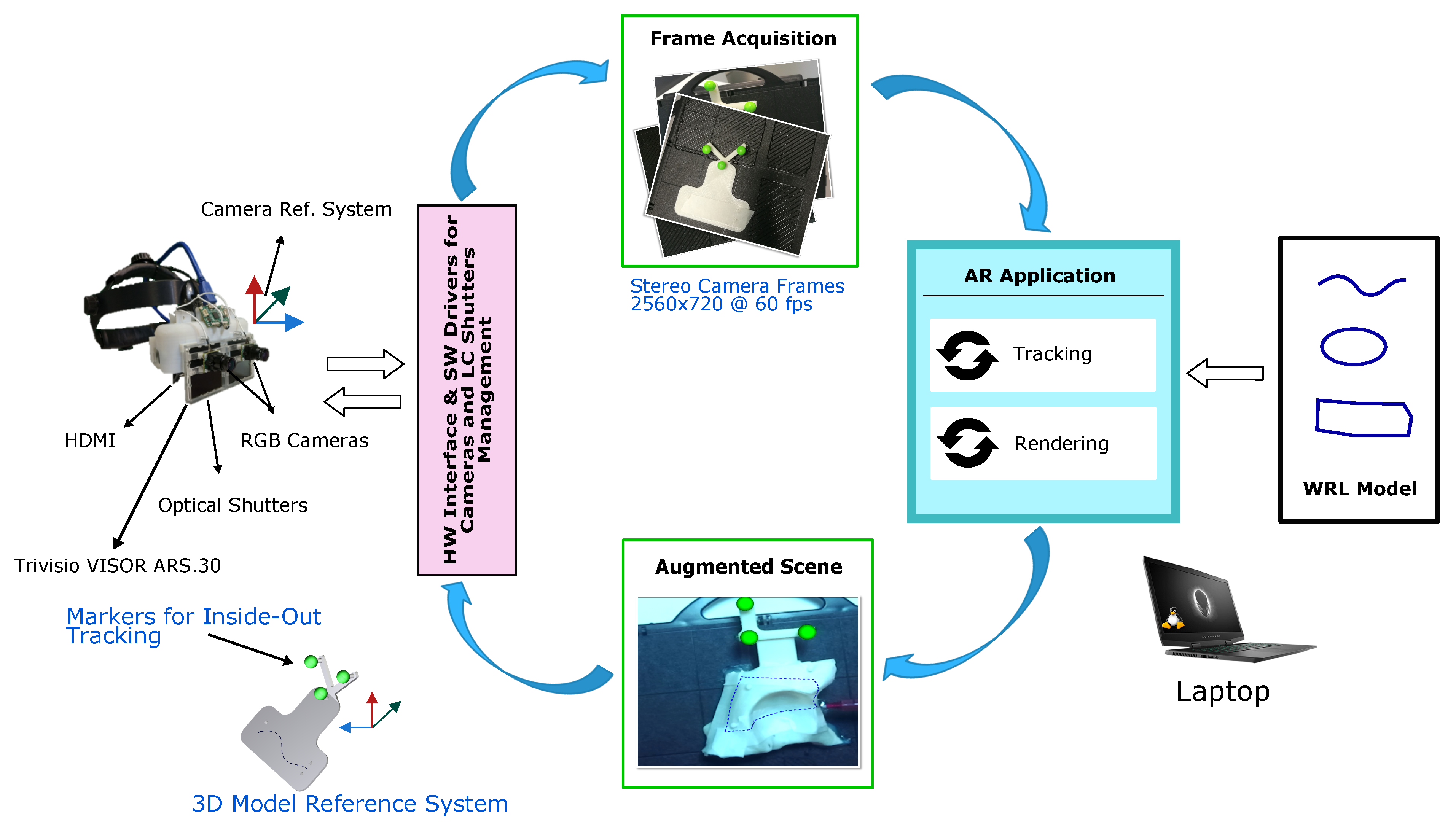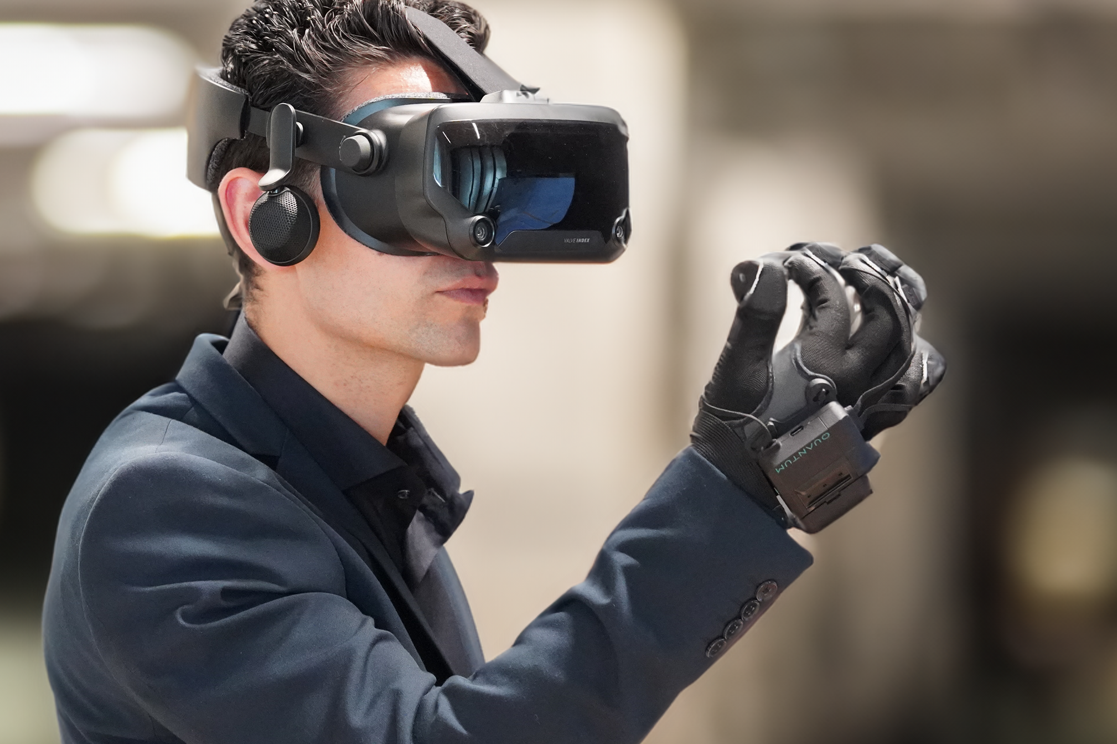In the realm of quantum physics, where bizarre phenomena like superposition and entanglement challenge our understanding of reality, there lies a realm of potential that extends far beyond the laboratory. Quantum technology, once confined to the esoteric world of physicists and engineers, is now making its way into the heart of government and public services. Quantum sensors, in particular, are emerging as powerful tools that promise to revolutionize the way we address pressing societal challenges.
The concept of quantum sensors may sound like something out of science fiction, but it’s very much a reality. These remarkable devices harness the principles of quantum mechanics to achieve unprecedented levels of precision and sensitivity. In this blog post, we’ll explore the transformative impact of quantum sensors on government operations and public services, from enhancing security measures to improving infrastructure and advancing scientific research.
The Quantum Revolution in Sensing
To grasp the significance of quantum sensors, it’s essential to understand the unique features of quantum mechanics that make them possible. Quantum mechanics, the branch of physics that deals with the behavior of matter and energy at atomic and subatomic scales, has ushered in a new era of technology. At the core of quantum sensors are two key phenomena: superposition and entanglement.
Superposition allows quantum particles to exist in multiple states simultaneously. For instance, an atom can be in a combination of different energy levels at once, a property that classical sensors can’t replicate. Entanglement, on the other hand, connects particles in such a way that the state of one particle instantly influences the state of another, regardless of the distance between them. This phenomenon, famously dubbed “spooky action at a distance” by Albert Einstein, enables quantum sensors to measure quantities with unparalleled accuracy.
Enhancing Security Measures
In the realm of government and public services, security is paramount. Quantum sensors are proving to be indispensable tools in safeguarding critical infrastructure, detecting threats, and ensuring the safety of citizens. One of the most promising applications is in quantum cryptography, where the security of communication is guaranteed by the laws of quantum mechanics.
Quantum key distribution (QKD) is a quantum cryptographic technique that uses quantum entanglement to create secure communication channels. Unlike classical encryption methods, which can be vulnerable to increasingly sophisticated cyberattacks, QKD provides unbreakable security. Governments are adopting quantum sensors for secure communication, protecting sensitive data from espionage and cyber threats.
Advancing Scientific Research
Government-funded scientific research relies on the most advanced technologies available. Quantum sensors are revolutionizing fields such as astronomy, geology, and environmental monitoring by providing incredibly precise measurements. For instance, quantum gravimeters can detect minuscule changes in gravitational forces, opening up new possibilities for underground resource exploration and earthquake prediction.
In astronomy, quantum sensors are used to study distant celestial objects with unprecedented accuracy. Quantum telescopes equipped with quantum-enhanced sensors can capture faint signals from distant galaxies, shedding light on the mysteries of the cosmos. These advancements have the potential to reshape our understanding of the universe and drive breakthroughs in fundamental science.
Improving Infrastructure
Quantum sensors are also playing a crucial role in infrastructure development and maintenance. From monitoring the structural health of bridges and buildings to optimizing transportation systems, these sensors provide valuable insights that can prevent disasters and improve the quality of life for citizens.
For example, quantum sensors can detect minute structural changes in infrastructure, helping to identify potential weaknesses and maintenance needs before they escalate into costly and dangerous problems. This proactive approach can save lives and taxpayer dollars while ensuring the longevity of vital infrastructure.
Transforming Public Services
Beyond security, research, and infrastructure, quantum sensors have the potential to transform various public services. From healthcare to environmental protection, these sensors offer innovative solutions that can enhance the well-being of citizens.
In healthcare, quantum sensors are revolutionizing medical imaging, enabling doctors to detect diseases at earlier stages with greater accuracy. Magnetic resonance imaging (MRI) machines equipped with quantum sensors provide high-resolution images that can lead to more precise diagnoses and improved patient outcomes.
Environmental protection agencies are also benefiting from quantum technology. Quantum sensors are used to monitor air and water quality, track the movement of pollutants, and assess the impact of climate change. This data is invaluable for crafting effective environmental policies and ensuring a sustainable future.
Challenges and Future Prospects
While the potential of quantum sensors is vast, there are challenges to overcome. The technology is still in its infancy, and practical implementations are limited by factors such as cost, size, and temperature requirements. Furthermore, the field of quantum technology is highly competitive, with nations and companies vying for leadership in this emerging industry.
However, the future looks promising. Governments around the world are investing heavily in quantum research and development, recognizing the transformative potential of this technology. As quantum sensors become more accessible and cost-effective, their integration into government and public services is expected to accelerate.
Conclusion
Quantum sensors are no longer confined to the realm of theoretical physics. They have transcended the laboratory to become essential tools for government agencies and public services. From enhancing security to advancing scientific research, improving infrastructure, and transforming public services, quantum sensors are shaping the future in ways we could scarcely have imagined.
As governments continue to invest in quantum technology, we can expect to see even more innovative applications of quantum sensors that improve the quality of life for citizens, enhance security, and push the boundaries of scientific discovery. The quantum revolution is underway, and its impact on government and public services is nothing short of revolutionary.






